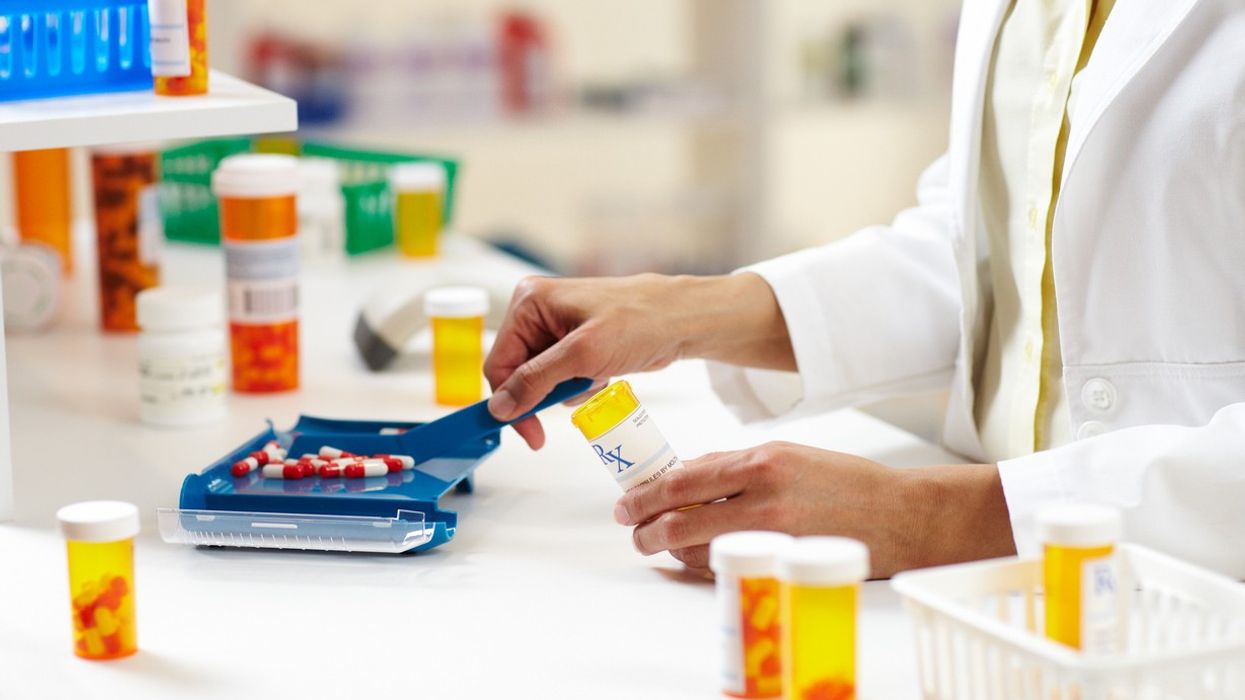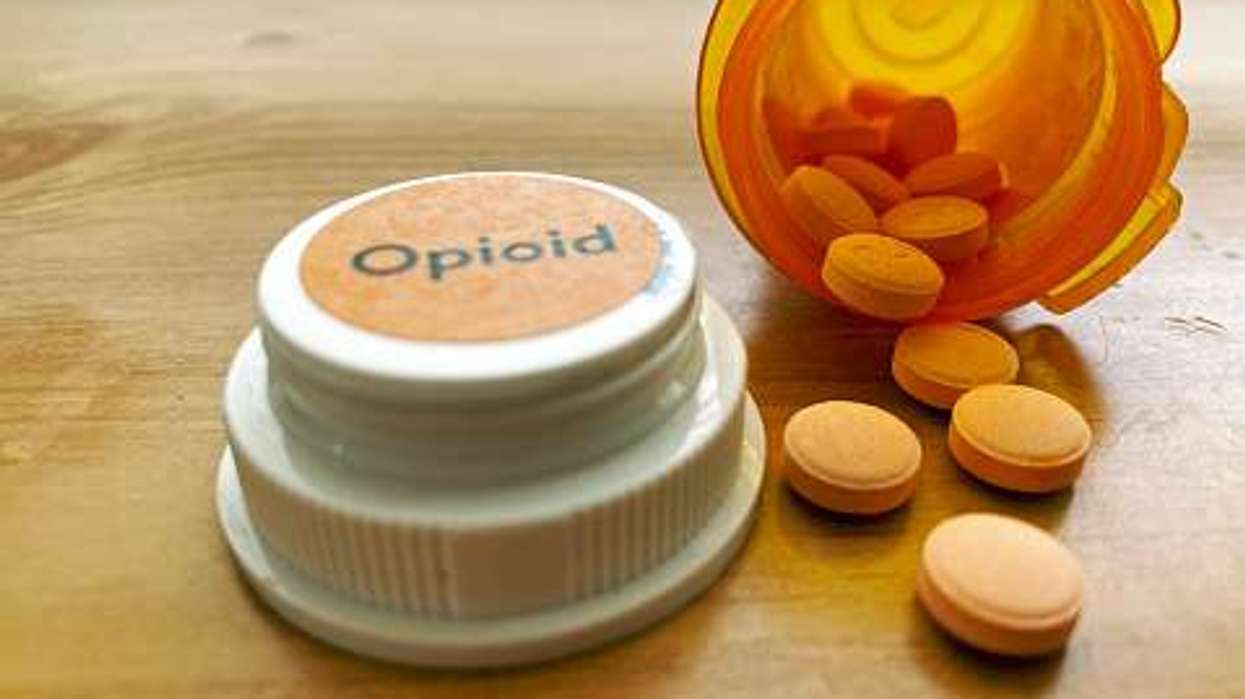The government’s formal consultation on pharmacy supervision, which closes today (29 February), leaves important questions unanswered, the National Pharmacy Association (NPA) has warned.
The Department of Health and Social Care (DHSC) proposals are to:
- enable pharmacists to authorise pharmacy technicians to carry out, or supervise others carrying out, the preparation, assembly, dispensing, sale and supply of medicines
- enable pharmacists to authorise any member of the pharmacy team to hand out checked and bagged prescriptions in the absence of a pharmacist
- allow pharmacy technicians to take primary responsibility for the preparation, assembly and dispensing of medicinal products in hospital aseptic facilities
In its formal response to the consultation, the NPA acknowledged that modernisation of the regulations is long overdue, including enabling non-pharmacist members of the pharmacy team to hand out checked and bagged prescriptions.
However, the association wants further clarity on where accountability would lie when ‘authorisation’ is given by a pharmacist to a registered pharmacy technician, under the proposed changes.
In particular, there must not be any uncertainty in the mind of the Responsible Pharmacist (and other members of the pharmacy team) about which authorisation is active in that pharmacy on any given day, the trade body said.
“Modernising supervision rules to make it easier for people to see a pharmacist or promptly get the medicines they need in a community pharmacy is good news, but clarity on the detail is vital to maintain the smooth running of pharmacies and to protect the public,” Nick Kaye, NPA chair, commented.
“Pharmacies need a degree of flexibility to provide the best service to the public, but as they increasingly deliver clinical services it becomes ever more important to have the clinical skills of the pharmacist readily accessible.
“The physical presence of a pharmacist within a pharmacy is a critical safeguard so it’s important that the detail of any changes is crystal clear so both pharmacies and the public are protected.”
“As it stands, some of the proposals are wide open to interpretation and this lack of clarity needs to be addressed before any changes are applied.”












